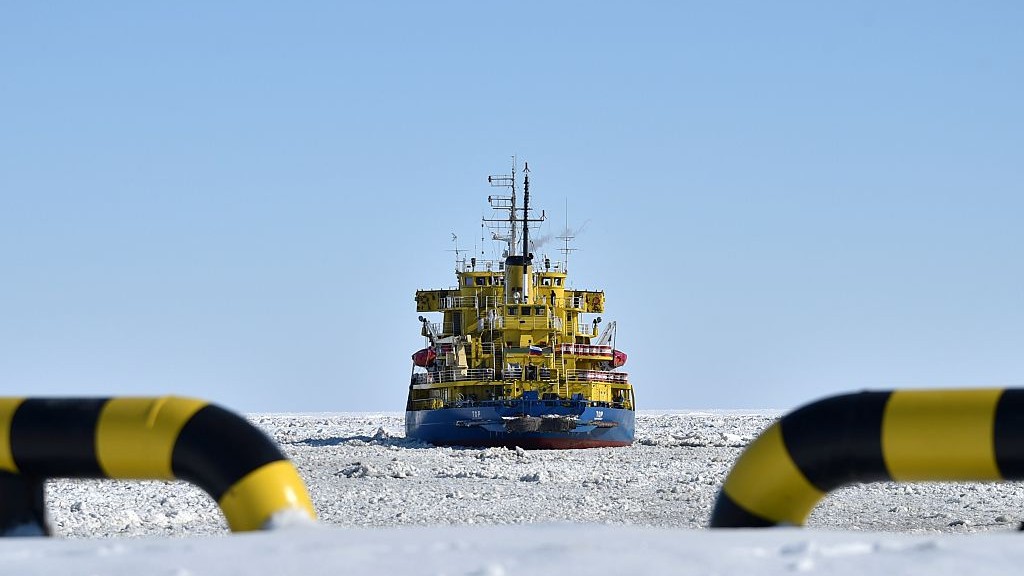Arctic-bound Russian icebreaker gets Norway’s help following engine troubles

The diesel-powered Tor on Tuesday morning issued a plea for help to Norwegian rescue services.
There is stormy weather on the west Norwegian coast and the Russian icebreaker on Tuesday morning reported that it was experiencing a halt in engine power.
The ship was located off the coast of Ålesund when the situation occured. A helicopter from the Norwegian Joint Rescue Coordination Centre quickly made it to the site, and tugboats are on their way, the rescue service informed.
There are 33 people onboard the ship that is owned and operated by Rosmorport, the Russian state port and logistics company.
The 84.5 meter-long Tor was built in 1964 and has St.Petersburg as its home port. It is on its way to Sabetta, the Russian seaport in the peninsula of Sabetta in Arctic Russia.
According to Norwegian rescue services, the ship later in the morning retained parts of its engine power and the situation is no longer considered critical, broadcaster NRK reports.
Related stories from around the North:
Canada: Ottawa ‘explores options’ to build Canada’s polar icebreaker, Radio Canada International
China: Details of China’s nuclear-powered icebreaker revealed, The Independent Barents Observer
Finland: Finland’s aging icebreaker fleet needs modernization, Yle News
Norway: Norway to open new rescue base in Arctic to deal with rising ship traffic, The Independent Barents Observer
Russia: New Russian icebreaker will boost year-round shipping on Northern Sea Route, The Independent Barents Observer
United States: New U.S. icebreaker will focus on Antarctic, says Coast Guard boss, Alaska Public Media



